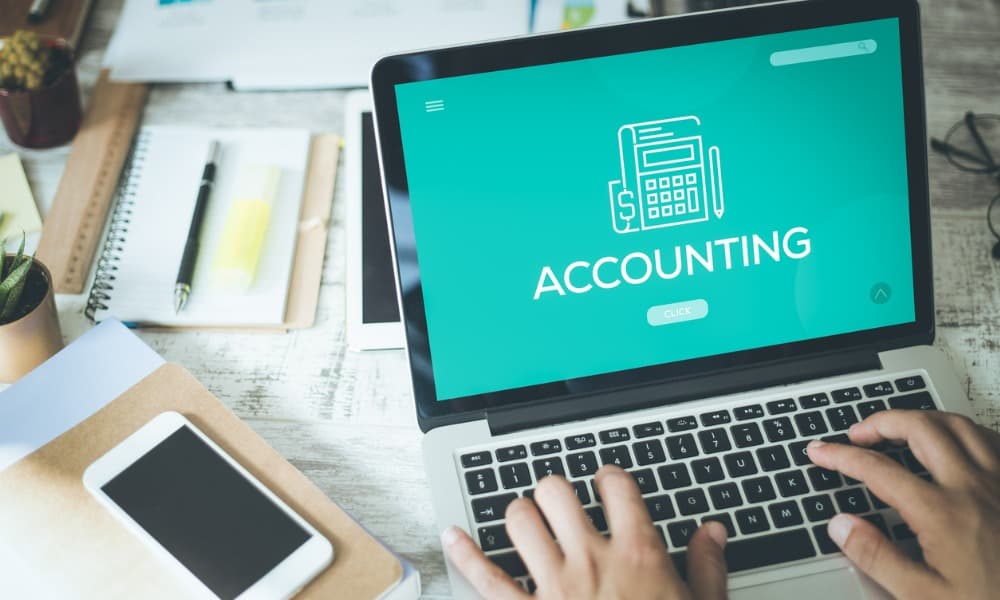As a Homeowners Association Board Member, you have many responsibilities and duties regarding your residential community, and one of the most important among them is accountancy.
Though your HOA is not profit-driven, the association still handles revenue and incurs expenses like any other business organization. It is, therefore, essential that you feel informed about the basic requirements of HOA accounting and reporting and always follow HOA accounting best practices to ensure your association’s finances are run fairly, legally, and effectively.
The Pitfalls of Poor HOA Accountancy:
As your association earns revenue through monthly dues paid by the HOA community members, it is only fitting that the association’s financial practices should be in a healthy condition. Well-organized, detailed and specific records are a must, and transparency and internal controls within the association’s working structure are also crucial.
Without these things, it is easy to make mistakes. If your records are inaccurate or disorganized, you could accidentally overspend or make unwise financial decisions. Your reserve funds could also be insufficient when you need them most, causing you to ask for extra payments from your community members.
In extreme cases, poor HOA accounting can open the door to fraud or lead to legal action being taken against Board Members by the community. In these cases, having the correct paperwork in place can help to protect you in a court of law.
HOA Accounting Methods:
When setting up your HOA accounts, you first need to decide which method of accounting you should use. The timing of your records will differ depending on which of the three methods you choose. The three accounting methods are:
- Cash Basis — This is when you only record money as transactions, either paid out of or paid into your accounts. Pending Transactions, Accounts Payable, and Assets Receivable are not factored into this method.
- Accrual Basis — This is when you record your income and expenses as they occur rather than when they are paid. In this method, you always include Accounts Payable and Assets Receivable.
- Modified Accrual Basis — This last method combines the two, using the accrual basis when recording income and the cash basis when reporting outgoings.
Most HOAs use the Accrual Basis, as it is generally thought to give the most accurate picture of your association’s actual financial condition. However, it is always best to familiarize yourself with your state laws, as some states specify which accounting method HOAs have to use.
HOA Accounting Records:
To stay in control of your HOA’s finances, you should strive to maintain these essential accounting records:
- General Ledger — Your general ledger is the hub of your HOA financial records. In it, you take note of every transaction, the date it occurred, and the number of the transaction. This list forms your HOA chart of accounts.
- Balance Sheet — Your balance sheet details your association’s assets against its liabilities and owner’s equity. Ideally, these elements should be balanced so that your assets are equal to the sum of your liabilities and equity. A balance sheet shows you how much money is in your bank account and what your association’s net worth is.
- Income Statement — Income statements are generally kept monthly and detail all of your HOA income as well as any expenditure. By subtracting the expenses from the revenue, you are left with your monthly net income (or loss).
- Accounts Payable Report and Delinquency Report — Your HOA Accounts Payable Report lists all of your association’s unpaid debts. The Delinquency Report is its counterpart, listing all the outstanding payments owed to the association.
- Cash Disbursements Ledger — The Cash Disbursements Ledger is also known as the Check Register, and in it, you note down all the checks that your HOA has written, the recipient’s name, the check date, check number, and a description of the transaction.
HOA Accounting Best Practices:
To ensure your HOA accounts run as smoothly, efficiently, and effectively as possible, these simple HOA accounting best practices you should follow:
- Arrange Regular HOA Audits — You should arrange to have your HOA accounts audited by an external auditor once every 1-4 years. The exact frequency of these audits will depend on your specific state laws, so it is wise to do your research. An external auditor will conduct an objective analysis of your financial situation, including assets, debts, record keeping, and internal processes. It can help identify inaccuracies and evaluate the overall health of your finances.
- Be Specific With Your Record Keeping — Try to be as specific as possible with your record-keeping to ensure that your notes make sense further down the line. Avoid giving accounts generalized names like ‘expenses,’ and opt for more detailed descriptions like ‘amenities expenses’ or ‘legal expenses’ instead. Similarly, stick to the same account names from month to month to create uniformity, rather than switching between names like ‘maintenance expenses’ and ‘money for maintenance.’
- Put Internal Controls In Place — To reduce the risk of fraud or foul play within your association, put simple internal controls in place. Divide duties between board members, rather than entrusting all the financial responsibility to one person.
- Double Check Which Account You Are Using — HOAs often have multiple accounts, and taking money from the wrong one by accident can happen quite easily. Double-check that you are taking money out of, or putting money into, the correct account every time – it will save you time and effort in the long run.
- Track Trends — Investing in specialist accounting software can not only help to alleviate much of the workload and streamline your accountancy processes, but it can also enable you to track trends that may develop in your records. Identifying trends allows you to spot anomalies and adjust your practices as necessary.
- Get Professional Advice — Accounting can be a complex and intimidating task, and there is no shame at all in seeking professional help when dealing with your HOA finances. Investing in expertise can save you time and effort and afford you greater peace of mind.
Monthly HOA Dues:
Monthly HOA dues are fees paid by community members to finance various services, repairs, and amenities that are necessary in shared, communal areas. These monthly fees can vary from $100 to $1000 depending on the area you live in and the number of services and amenities your HOA covers. Examples of what these dues contribute towards include:
- City Services – such as trash collection and sewage disposal
- Insurance – covering common spaces
- Lawn Care – for communal gardens and areas, as well as snow plowing and road clearing in the winter
- Maintenance and Repairs – on shared structural elements such as external walls, pipes, and roofs
- Pest Control – for developing pest problems
- Services and Amenities – if your HOA community has access to pools, gyms, parks, valets, or other services
- Reserve Funds – for emergency repairs or situations
Final Thoughts:
As an HOA Board Member, you must have a basic understanding of your association’s accounting and finances, but in-depth accountancy can be complex and overwhelming. Enlisting the help of professionals to streamline your processes and ensure best practices are followed is highly recommended. Seeking expert accounting input will enable you to spend more time engaging with the community that you represent.
FREE Download:
Download a FREE eBook “CAM Accounting 101”!
In this download, this eBook helps provide a basic understanding of the unique aspects of Community Association Accounting and gives a general overview of standard CAM accounting practices.
Here’s what you’ll learn:
- Provide Board members with the monthly financial reports they need to govern their association
- Which accounting method to use for your association management.
- Understand the accounting cycle for community management
- Identify the unique aspects of CAM accounting.
- How to set up your General Ledger.
This is the resource you’ve been waiting for.







